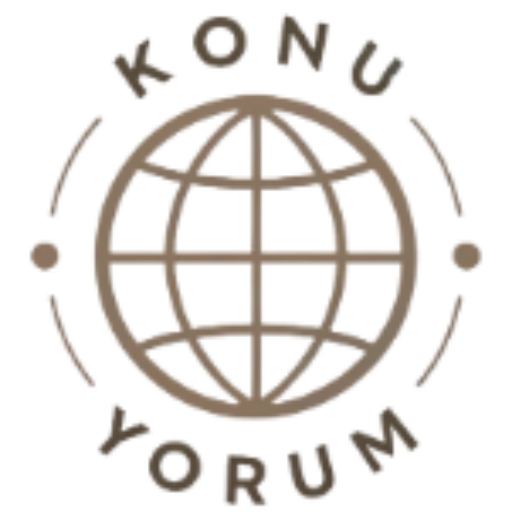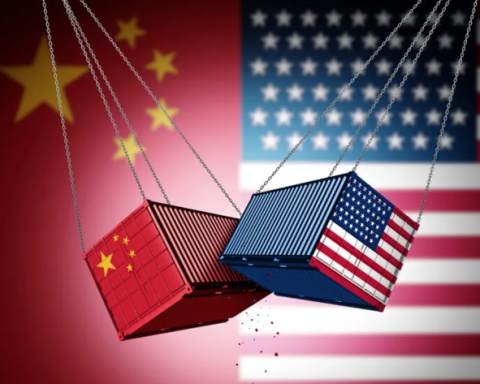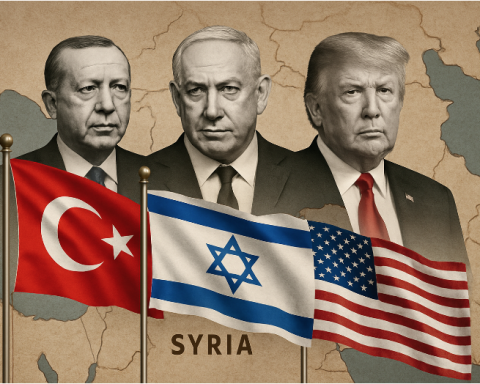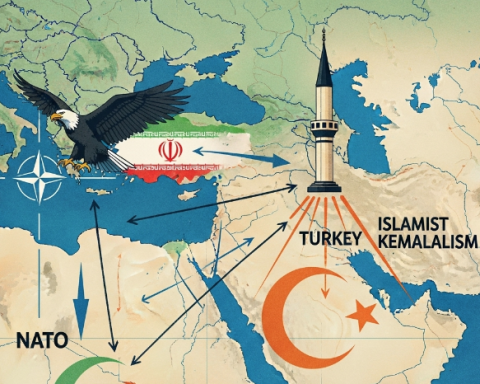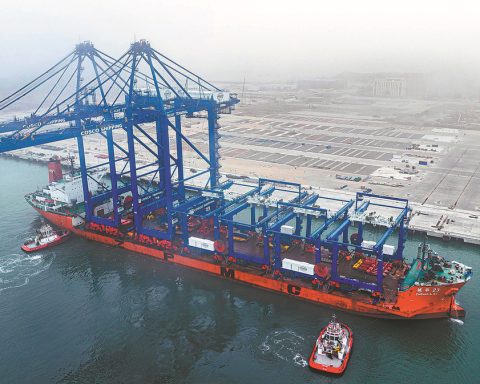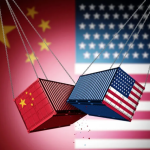As competition over chip and semiconductor production intensifies globally, particularly between the U.S. and China, the rising tensions around Taiwan, a key player in this sector, highlight the growing geopolitical significance of this technology.
TAIWAN’S PRODUCTION CAPACITY
Situated between the East and South China Seas, the island nation of Taiwan produces nearly 60% of the world’s advanced chips smaller than 7 nanometers. These chips are critical for artificial intelligence, 5G technologies, and military weaponry, making Taiwan a focal point in the increasingly heated trade and technology war between the world’s two largest economies, the U.S. and China.
Taiwan Semiconductor Manufacturing Company (TSMC), a global leader in microchip production, has gained significant attention in recent years, with United Microelectronics Corporation (UMC) and MediaTek also standing out for their production capabilities.
GLOBAL COMPETITION AND U.S. INVESTMENTS
Other companies, like the Netherlands-based ASML and South Korea’s Samsung, are also notable in the semiconductor manufacturing industry. Recently, the U.S., home to companies like Micron, Intel, Nvidia, and Texas Instruments, has accelerated its efforts in this sector. The U.S. government aims to bolster its global competitiveness, committing billions in support through the CHIPS Act, which benefits both domestic companies and TSMC.
Most recently, the chip yield from TSMC’s Arizona plant outperformed similar facilities in Taiwan by around four percentage points. Outside of Western nations, “Global South” countries like China are developing significant semiconductor capacities with firms such as HiSense, Biren, and SMIC.
THE STRATEGIC IMPORTANCE OF SEMICONDUCTORS
Chips and semiconductors are integral to a vast array of applications—from smartphones and computers to industrial machinery, electronics, and military systems—making them vital to global economies and national security.
As digitalization accelerates worldwide, demand for advanced chip technologies in sectors like healthcare, finance, and transportation continues to rise. This sector, pivotal in the U.S.-China rivalry, could determine technological dominance across domains from military preparedness to economic competition. Besides domestic investments, the U.S. is also forming alliances with countries like Japan and Taiwan. The COVID-19 pandemic, along with subsequent conflicts, has tested global supply chains, further underscoring the strategic importance of localizing chip and semiconductor production.
EXPERT OPINIONS
Experts have recently addressed developments in the chip and semiconductor industry and its future outlook. Stephen Ezell, Vice President of Global Innovation Policy at the U.S.-based Information Technology and Innovation Foundation (ITIF), highlighted the importance of TSMC’s success in Arizona.
Pointing to TSMC’s more advanced node production processes in Taiwan, he noted, “None of this diminishes Taiwan’s critical importance in global semiconductor production, particularly in the most advanced segments. Taiwan remains as essential as ever to the global semiconductor industry.”
